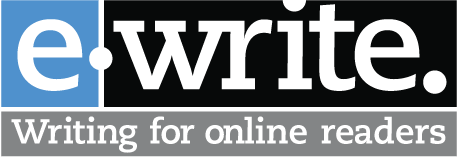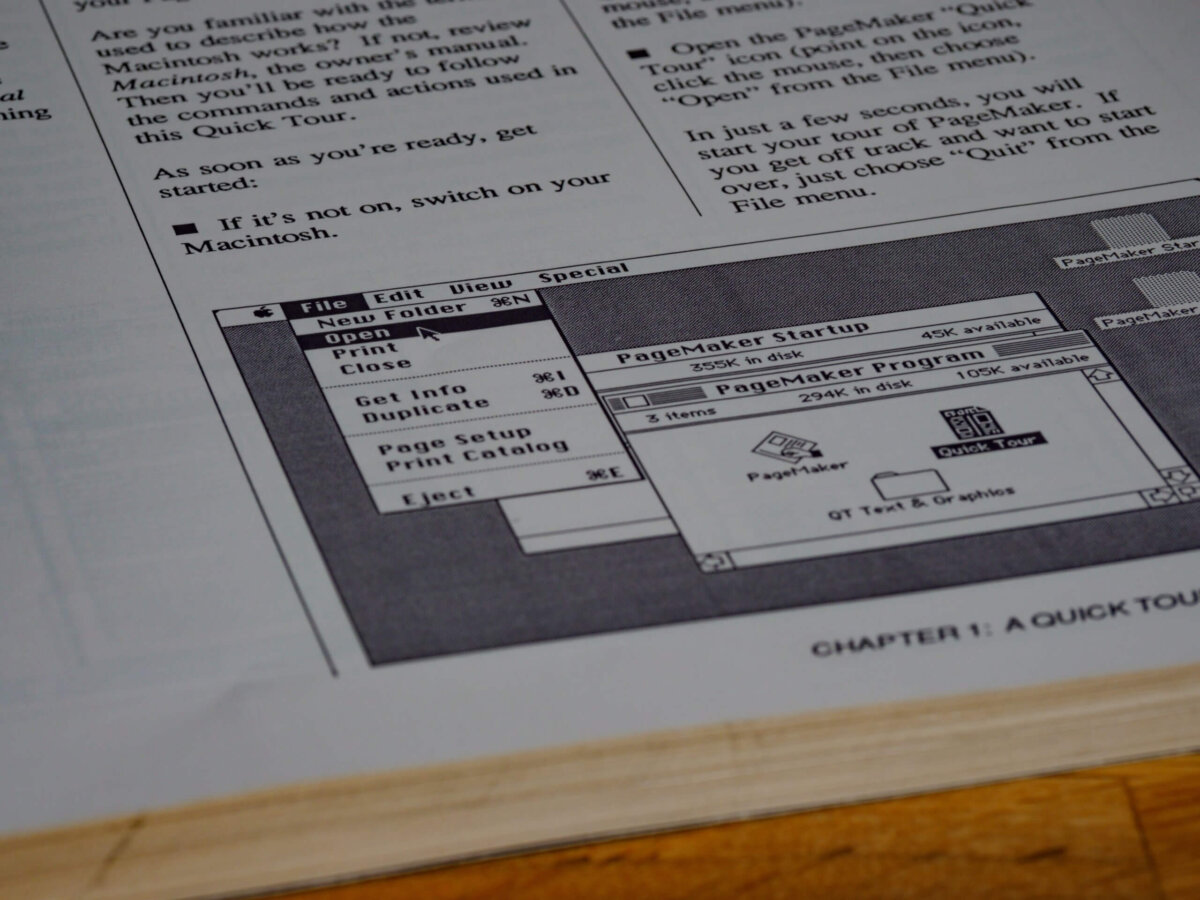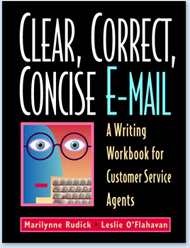I recently served as a “hired reader.” I had a consulting gig as the subject matter expert hired to review application packets for a high-level Communications Director position. I read and scored the three required essay questions applicants answered to apply for the job. (Applicants also submitted a cover letter and resume.)
I read more than 6o sets of essay questions. My friends, I read some bad writing. The worst of the writing was a special type of job-application bad: overly general, hyperbolic, and loaded with vague wiggle words. After reading all those essays, I’ve deemed the word very to be the worst of the wiggle words.
Here are some gems of very misuse drawn from the application essays:
- “very literally… ” As opposed to kinda literally?
- “very strong resistance…” Is this measurably stronger than mere strong resistance?
- “a very controversial issue…” No very is necessary here. Controversial is a specific, clear word which requires no very.
- “a very significant challenge…” See very strong resistance and very controversial issue.
- “the company’s very first records management system…” First is first, and very can’t make it any stronger.
- “I worked with very disparate people… .” Perhaps that’s why you’re leaving your job?
- “in this large very diverse organization…” Only appropriate if you work for the United Nations.
And the list of unnecessary very’s goes on:
- “I would take a very serious look at …”
- “I work very closely with the Director… .”
- “The company president became very engaged in…”
- “completed on a very tight schedule…”
- “the approach very clearly allows…”
- I produced five products on a very compressed timeline… .”
But I don’t want to appear bitter. Some of the essays were excellent. (And in this job market, they’d better be!) Here’s what the high scorers did well:
- Answered the essay question directly. This is a writing skill
we’ve all been practicing since fifth grade. If the question asks
you how you’ve overcome obstacles to achieve success, you must mention
the obstacles, what you did to overcome them, and how you achieved
success. Seems obvious, but lots of applicants missed this. - Provided examples. Application writing is full of claims. To make these claims convincing, the good writers included examples. So when you claim you have project management experience, give at least one specific, compelling example.
- Proofread. The good writers made sure their writing was free of errors. But in addition to committing very abuse, the bad writers’ essays contained bad spelling and grammar, typos, and sentences that didn’t make sense. Several people even used lowercase i to refer to themselves as in “In addition, i have extensive experience with …”
— Leslie O’Flahavan
Tags: Editing, Grammar and usage, Jobs, Plain language






“And the list of unnecessary very’s goes on…”
Ironic that the apostrophe was misused in an otherwise well-written piece.
Thanks for some great articles!
P